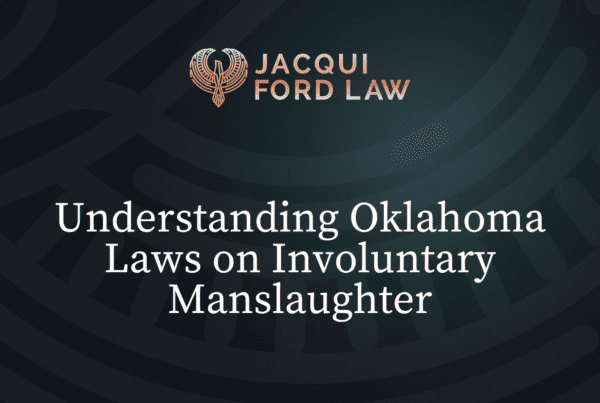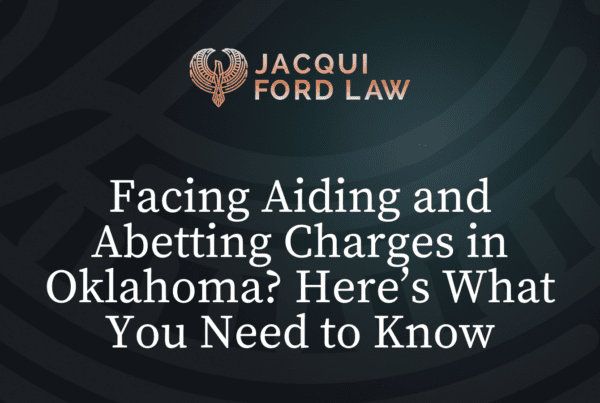
What Happens When You Refuse To Take a Breathalyzer Test in Oklahoma?
If you’ve been pulled over on suspicion of driving under the influence (DUI) and the officer asks you to take a breath test, you might wonder, ‘Do you have the right to refuse?’ The short answer is yes, but refusing comes with serious consequences that could impact your driving privileges,…









